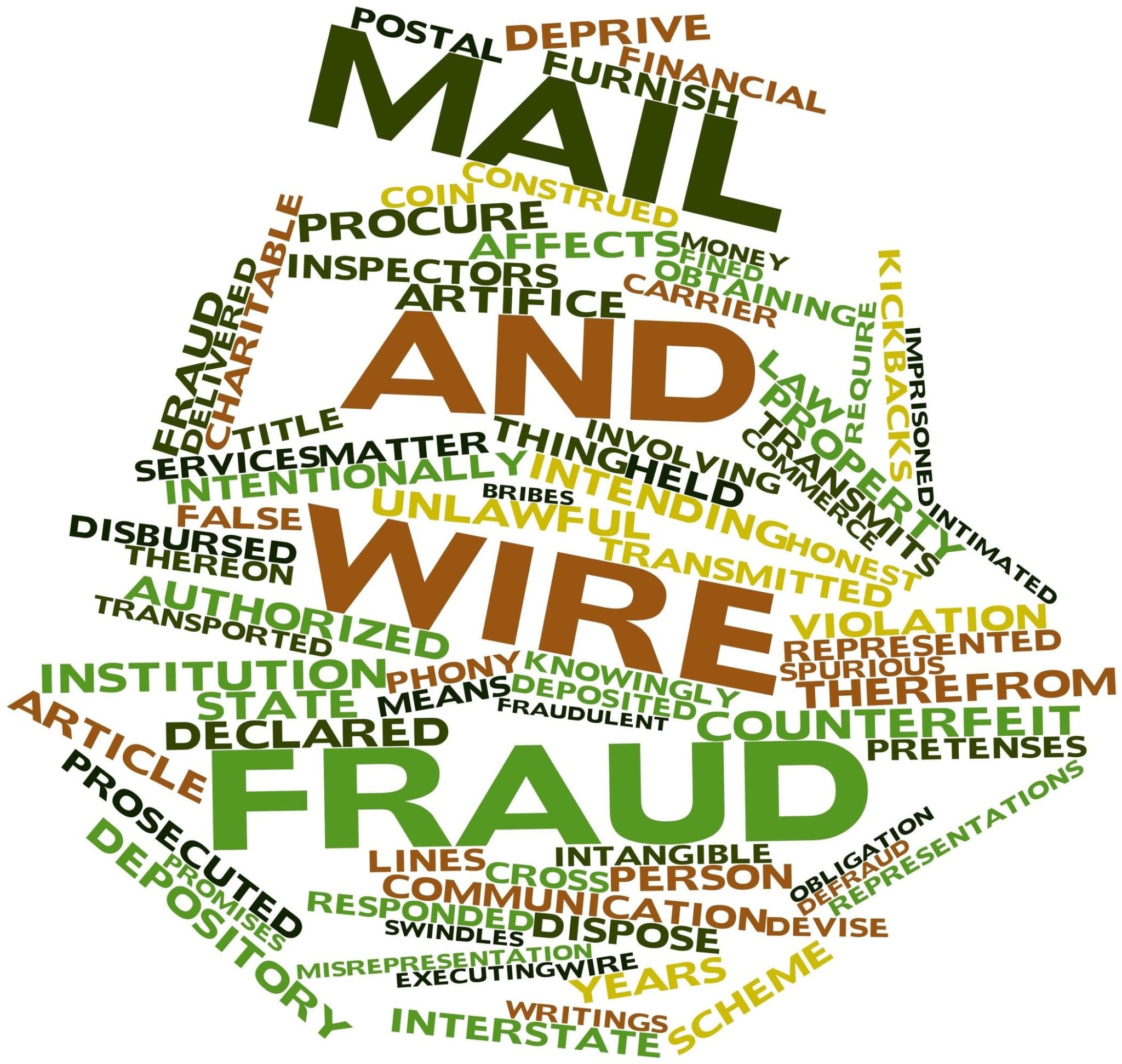Late spring is one of the busiest times to buy and sell real estate. As the weather heats up, realtors and clients alike are rushing to finalize deals and move before their desired deadlines. It’s not uncommon to communicate with your real estate agent over text or e-mail, but be careful – Minnesota law enforcement officials have noticed high levels of fraud disguised as real estate transactions.
The fraud may work like this: you’re a homebuyer and you’re ready to put down your initial payment on your dream home. A few days before the big day, you get an email from your realtor. Something got messed up with the accounts, and the realtor asks you to send the money through a different site.
This type of request should seem fishy, but it has allowed fraudsters to take hundreds of thousands of dollars from homebuyers throughout the country. Worse: the scam is just starting to hit Minnesota.
Fraud committed over the phone or internet is called “wire fraud.” Just as technology has advanced over the years, these scams have also advanced. In many cases, new fraud schemes will fly under the radar for weeks or months before law enforcement understands what fraudsters are doing and how they can prevent similar schemes.
Wire fraud in real estate isn’t just done through phishing scams. Just this year, a former housing repair contractor in Minnesota pleaded guilty to wire fraud. The contractor didn’t use emails to commit fraud, though. He paid a realtor $85,000 so the realtor would bring business to him and his related companies.
The fraudster also used kickback schemes and used repair contacts to get money out of U.S. banks. He was arrested and charged in federal court. Although this case is the first of its kind from Minneapolis, a federal investigation is current underway to find any other fraudulent housing repair contract schemes.
Penalties for Wire Fraud
The housing repair contractor is currently facing up to 30 years in prison and up to $1,000,000 in fines. It will be a few months before he is given his sentence, and in the meantime, more information may be revealed about how much money was involved and how many other players participated.
The sentence increased from a typical wire fraud sentence of up to 20 years because the fraud involved a financial institution as a victim. Since wire fraud tends to cross state or national borders, cases like this are usually taken to federal court. However, fraud that remains in Minnesota may be subject to state penalties.
The penalties for wire fraud will range based on the amount of money that was stolen from people, as well as any past criminal history and whether other elements of fraud are used in the crime. In addition to fines and jail time, offenders may be sentenced to pay restitution to victims, which can total (or even be more than) the amount of money that was stolen.
Just like fraud hurts victims, a false accusation can threaten to hurt a person’s reputation and, in the worst cases, put them in jail for a long time. A charge is not a conviction, though. It is possible to defend fraud charges and avoid decades behind bars. If you have been charged with wire fraud or similar crimes, reach out to a Minnesota criminal defense lawyer immediately.
About the Author:
Christopher Keyser is a Minneapolis-based criminal and DWI defense attorney known for fighting aggressively for his clients and utilizing innovative tactics to get the most positive results. He has been featured in numerous media outlets due to the breadth and depth of his knowledge, and recognized as a Minnesota Super Lawyers Rising Star (2014–2015), a Top 100 Trial Lawyer (2013–2015), and a Top 40 Under 40 Attorney (2013–2015).







